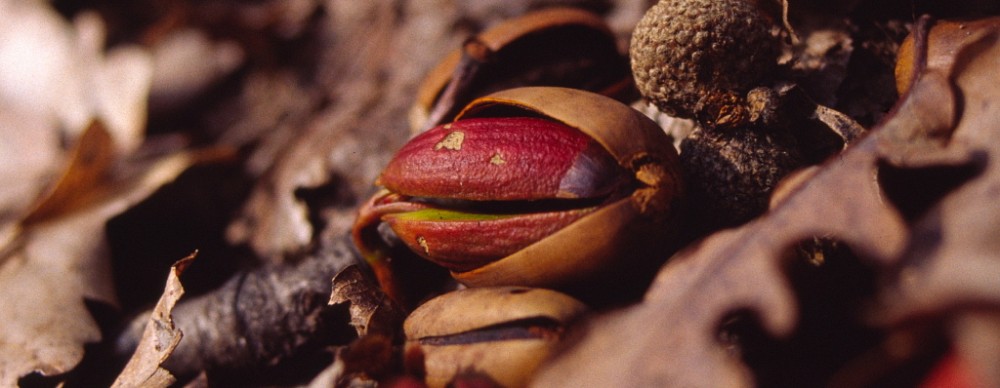(from the forum)
I want to add a comment, on the topic of free market vs. central planning.
America will criticise China’s “communist central planning” as if it were a universally bad thing, but having in mind what they recently had in Texas, where they had a free market approach to generating electricity which resulted in:
- major power losses
- infrastructure breakdown due to lack of cold weather proofing of the equipment
- people being charged extreme amounts per kWh because much less electricity was produced and so the “free market” raised the price of the now scarce resource.
Also, we had a similar example in Zagreb, where the communist urbanistic planning ended with national independence, and after that the “free market” determined what will be built, and the result is an urbanistic disaster. Lots of new buildings were made, in areas with poor infrastructure, and then this developed multiple chokepoints – sewage system overloads, road capacity overloads, telecom infrastructure overload, and everything looks more like a concrete favela, than the “elite urban villas” that were advertised for inflated prices. Basically, free market created a clusterfuck.
There are places where you want a free market, but then again, there are places where you want the state to handle things. For instance, producing essential medications should absolutely be state-controlled, because free market will not create cures for diseases, because that’s not profitable. It will create addictive “treatments” that will force you to keep buying medications. This is why I have zero confidence in Western medicine – it’s been creating “treatments” instead of cures as a matter of principle for the last who knows how many decades, to the point where it’s so much a matter of strategy now, they don’t even know how to think in other terms.
Also, the military industry. The Russian way of designing weapons is absolutely superior to the American one, because the state dictates everything and controls the main parts of the process, which is inventing the new technologies and manufacturing, and the design bureaus basically offer competing designs and can’t dictate the prices. As a result, Russia can produce better weapons for a fraction of the cost, because the state dictates the terms and the goals, which are to produce the best weapons for the least amount of money, unlike America, where the huge corporations dictate the price, and the state is reduced to defining the desired performance and inspecting quality, and the goal of the entire process is for the companies to milk the state for as much money as possible while still delivering the minimum design spec. Also, the American military tech is intentionally designed to have enormous cost of maintenance, because that’s how the corporations keep milking the state, while the Russian tech is designed to be robust and cheap to maintain, because the government designs it that way, because it knows it’s going to have to pay for it in the long run.
I know I usually sound like a free market fundamentalist, but that’s usually because I’m arguing with positions that don’t understand the principles and advantages of the free market, which are very real, but the free market is not something that will produce an optimal result. It’s like biological evolution – it can produce many things, but it’s limited to iterating within the constraints of natural selection. It will not produce anything near what an intelligent consciousness can produce, in terms of technology. For instance, biology can’t use nuclear energy for power, enter orbit, or make a rotating joint necessary for making motors, wheels or propellers. If free market is a good approximation of biological evolution, strategic central planning is human consciousness applied to a problem, and it’s capable of both fucking up immensely because it doesn’t have the punishing feedback of free market economy, and also of anticipating and solving problems far ahead into the future, which the free market can’t do. For instance, from the position of free market it’s profitable to keep people hooked on some drug and leech them for money. That’s why dealing drugs is such a profitable business model. It’s only because of the state’s central planning that it is decided that it is a very bad thing for the population to be hooked on drugs, and the laws are introduced to prohibit the practice, regardless of the short-term profitability. An example of what happens when entire countries are hooked on drugs is the opium crisis of China and the problem Russia traditionally has with alcohol. But of course, from the free market perspective, selling drugs is profitable as fuck.
And let’s not kid ourselves – the Western market is also controlled and regulated. It’s profitable to just dump toxic waste somewhere, so there’s a law against that, that performs the function of central control and planning. It’s profitable to deceive people and steal their money, so there are laws that punish such behaviour, because someone decided it’s better for the society as a whole. It’s profitable to create a monopoly or a cartel and exploit everybody, so there are laws that punish that, because this isn’t beneficial for the society as a whole. So it’s just a matter of degree and method, not of principle.
